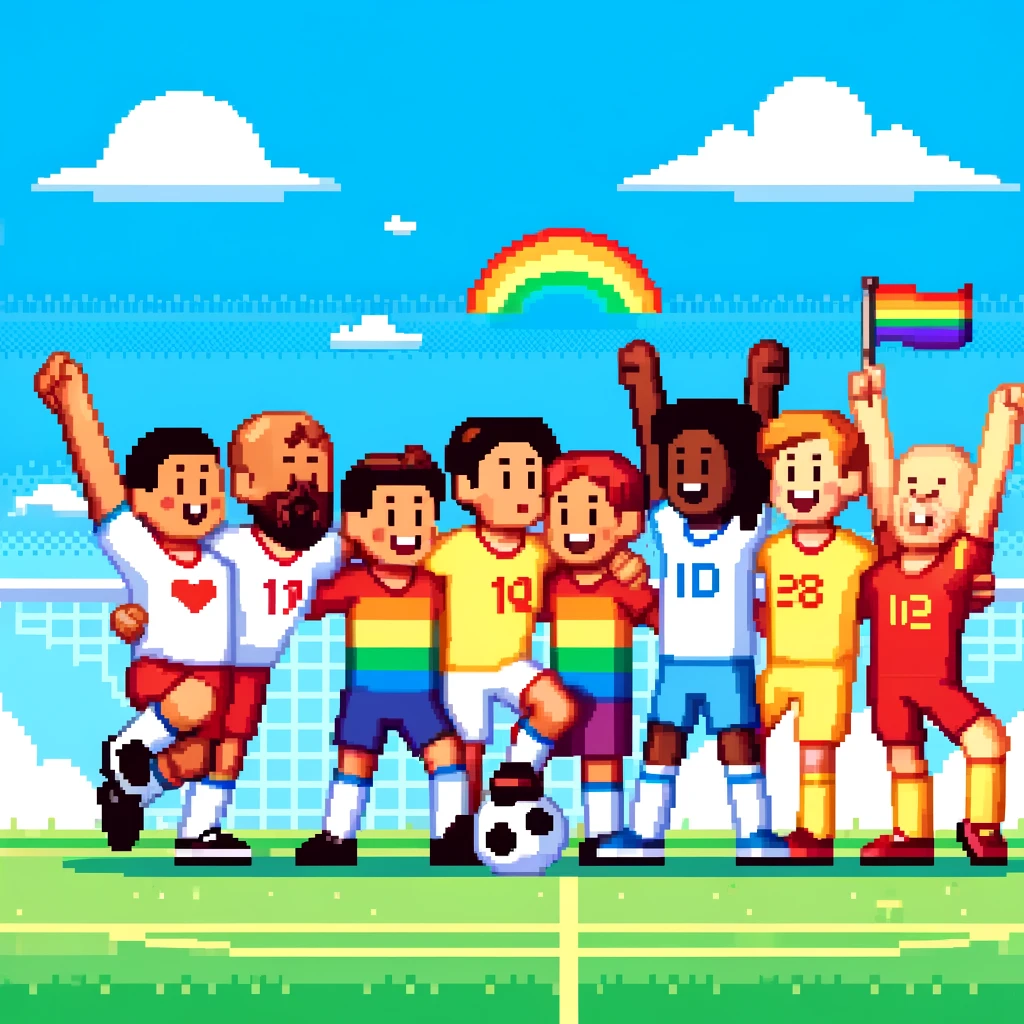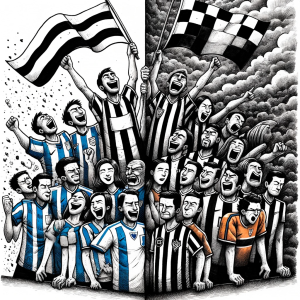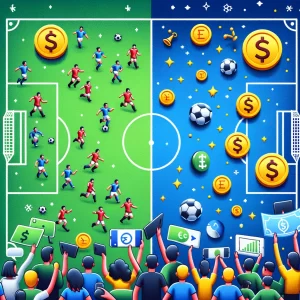
Exploring Representation in the USWNT: A Glimpse into Inclusivity in Sports
The 2024 NCAA Women’s Basketball Tournament may herald new interest of women’s sports in America. Yet, even before that, the United States Women’s National Soccer Team (USWNT) has long stood as a symbol of excellence in women’s sports, not only on the field but also as a beacon for feminism and equality. However, beneath the surface of this celebrated team lies a complex narrative about representation and inclusivity that deserves a closer look, especially in the context of race, ethnicity, and LGBTQIA+ visibility.
The Faces We See: Analyzing USWNT’s Promotional Practices
The representation of athletes in sports media and promotional content is a powerful tool that shapes public perception. A recent study scrutinizing the images posted by the USWNT on their Instagram account reveals significant insights into how the team portrays its athletes, particularly focusing on race and LGBTQIA+ identity. This analysis spanned photos from 2021 and 2022, covering various types of posts like match announcements and game previews.
Despite the global and multicultural nature of soccer, the data suggests that the promotional strategies of the USWNT may not fully reflect the diversity within the team. For instance, while the number of players of color and openly LGBTQIA+ members has slowly increased over the years, their visibility in key promotional materials remains disproportionately low compared to their white and heterosexual teammates.
The Impact of Whiteness and Heterosexism
The intersection of race and sexuality in sports marketing is profound. Historically, the marketing of female athletes has often leaned towards promoting white, cisgender women who align with conventional beauty standards. This not only marginalizes athletes of color but also those who do not fit into a heteronormative framework. The study suggests that players who are white and heterosexual are more likely to be featured prominently in match-related images, which are critical in shaping fan engagement and public support.
What This Means for Soccer Coaching and Player Development
For coaches and sports organizations, understanding the dynamics of representation is crucial. It influences team dynamics, player self-esteem, and the overall inclusivity of the sporting environment. Coaches can play a pivotal role by advocating for fair representation in promotional activities and supporting diverse athletes in becoming the face of the team.
Furthermore, nurturing a diverse array of role models can have a profound impact on youth engagement. Young players are more likely to feel connected to and motivated by athletes who look like them or share similar backgrounds. Therefore, embracing diversity not only enriches the team’s culture but also expands its fan base and fosters a more inclusive community around the sport.
Towards a More Inclusive Future
The findings from the USWNT’s Instagram analysis serve as a call to action for sports teams and associations to reevaluate how they promote athletes. It is essential for the future of sports that inclusivity is not just about being present on the team but also about being visible and celebrated. The sports community must work towards more equitable representation that truly reflects the diversity of its players and their achievements.
In conclusion, while the USWNT has made strides in many areas, there is still considerable work to be done in terms of equitable representation. The power of an image should not be underestimated, as it carries the potential to inspire the next generation of athletes. By fostering an environment where all players have the opportunity to be the face of their sport, we pave the way for a more inclusive and dynamic future in soccer and beyond.
Engage and Reflect:
We invite you to share your thoughts and experiences regarding diversity and representation in sports. How do you think sports teams can better promote inclusivity? Join the conversation in the comments below!
Dive into a world where soccer science and strategy come alive.
Subscribe now to our newsletter and be part of a community that transforms theoretical knowledge into practical mastery. Don’t miss out on the chance to access groundbreaking insights and redefine your approach to soccer. Subscribe today!
About the Author
Jon Scaccia is a youth soccer coach and translational scientist. He has worked with the Exeter United Soccer Club for over five years, focusing on U5 development. In his day job, he works in data evaluation and implementation science.



